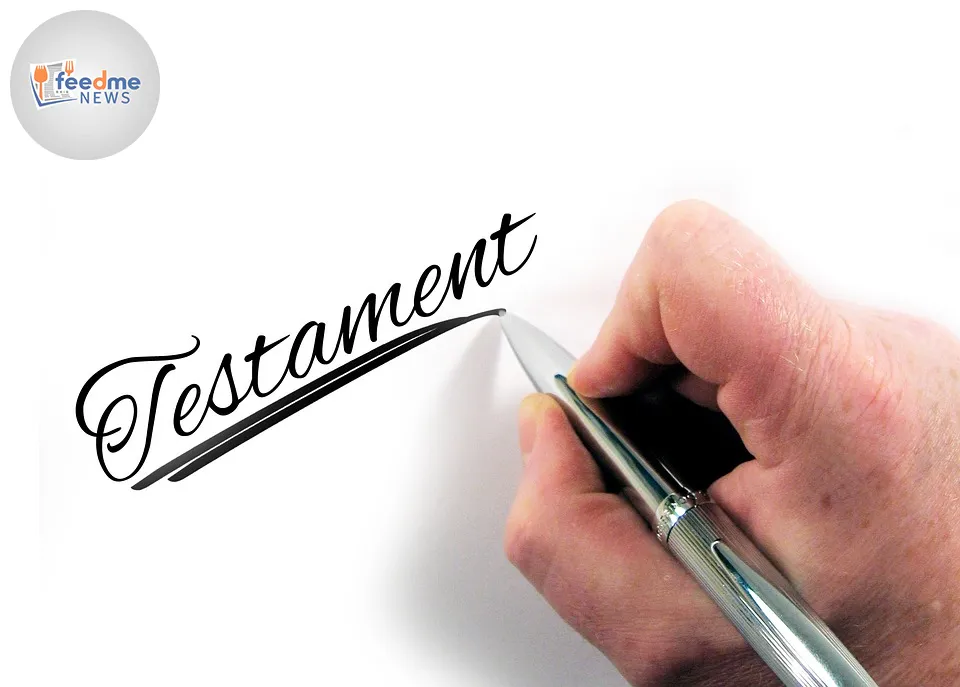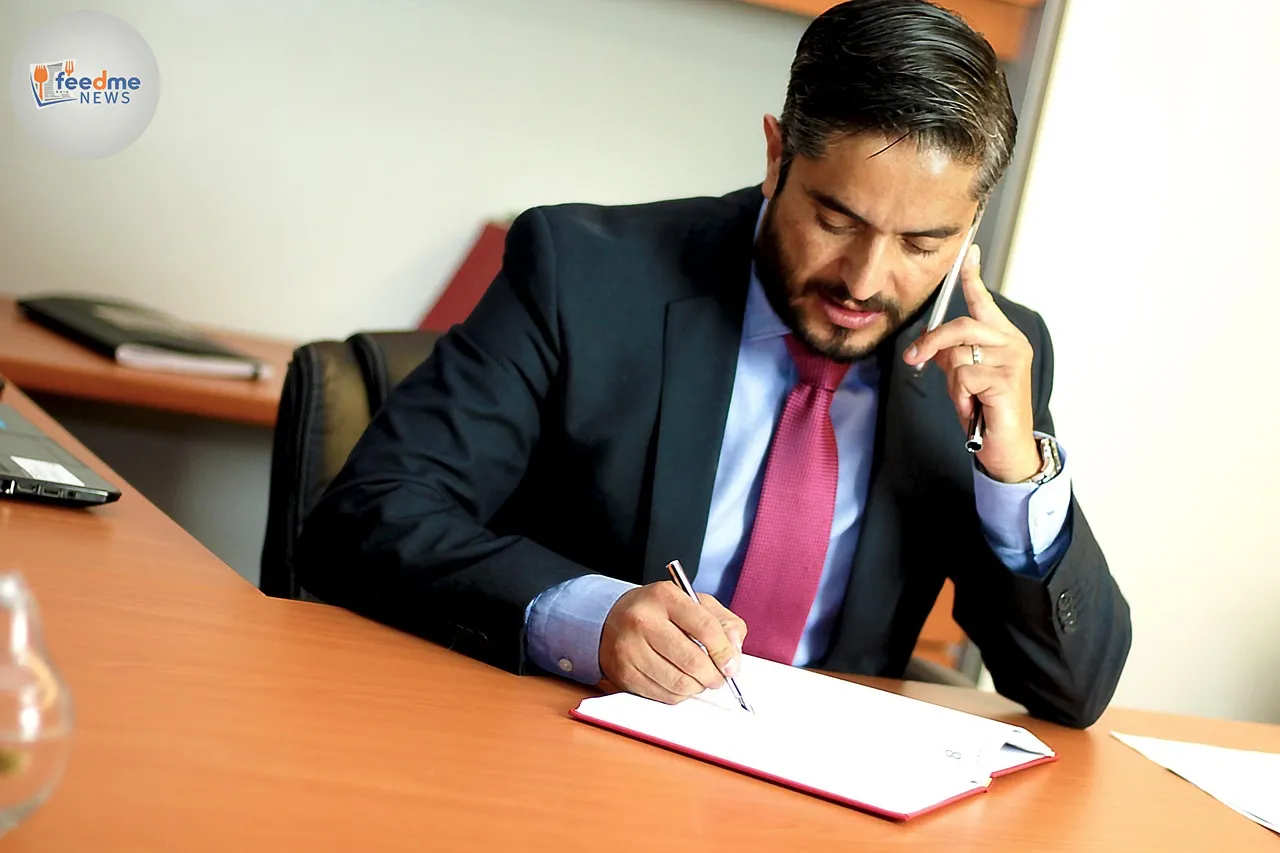A recent survey by the charity consortium Will Aid has uncovered a significant gap in public knowledge regarding the legal implications of marriage on existing wills. The study revealed that over half of the UK adult population, precisely 56%, are unaware that tying the knot nullifies any previously made will. This finding comes in the wake of the annual Will Aid campaign, which aims to highlight the importance of having an updated and legally binding will.
The survey, which polled 2,000 adults, underscores a crucial aspect of estate planning that many overlook, potentially leading to unintended consequences in the distribution of their assets. As the campaign gears up for its November launch, Will Aid is emphasising the need for widespread awareness and education on the matter.

Marriage and Wills: A Legal Blind Spot
The discovery of widespread ignorance about the nullification of wills upon marriage is a startling revelation. It points to a broader issue of legal literacy among the public. The current legislation, rooted in the ‘Modernising Wills’ initiative, stipulates that unless explicitly stated otherwise, a will is automatically revoked upon entering into marriage. This rule is designed to ensure that a person’s new marital status is reflected in their estate planning, but it also means that many individuals may inadvertently leave their estates intestate if they do not update their will post-nuptials.
Will Aid’s campaign seeks to address this gap by providing resources and opportunities for individuals to create or update their wills through participating solicitors, who waive their fees in exchange for a donation to charity. This initiative not only raises awareness but also funds for various charitable causes.
Timing and Context of the Revelation
The timing of the survey and its results are particularly pertinent as they coincide with the annual Will Aid campaign, set to commence in November. The campaign is a collaborative effort by nine charities, including the British Red Cross and Save the Children, aimed at promoting the importance of having a will. The survey was conducted across the UK, offering a comprehensive snapshot of public awareness regarding estate planning laws.
This year’s campaign is especially focused on educating newlyweds and those planning to marry about the critical need to reassess their wills. The survey’s findings highlight an urgent need for action, as many individuals may not realise the potential legal and financial ramifications of neglecting to update their wills after marriage.
Expert Insights on Estate Planning
Legal experts have long stressed the importance of having an updated will, particularly after significant life events such as marriage, divorce, or the birth of a child. Jane Smith, a solicitor specialising in wills and probate, emphasises, “A will is a living document that should reflect your current circumstances and wishes. Marriage is a significant milestone that necessitates a review and, if necessary, an update of your will to ensure your intentions are honoured.”
Smith further notes that failure to update a will can lead to intestacy rules taking precedence, which may not align with the individual’s wishes. Under intestacy laws, a spouse may inherit a larger portion of the estate, potentially leaving other intended beneficiaries with less than expected.
Public Awareness and Education
The findings from the Will Aid survey underscore the need for enhanced public education on estate planning. The campaign’s organisers are advocating for a national effort to improve legal literacy, particularly concerning the implications of marriage on existing wills. This includes outreach efforts, informational seminars, and partnerships with legal professionals to provide accessible and affordable will-writing services.
Will Aid’s initiative also highlights the charitable aspect of its campaign. By encouraging individuals to update or create their wills, the campaign not only safeguards the future of the participants but also supports charitable causes through the donations collected in lieu of solicitor fees.
Looking Forward: The Impact of Awareness
As the Will Aid campaign prepares to launch, the focus remains on bridging the knowledge gap revealed by the survey. By educating the public on the legal nuances of estate planning, the campaign hopes to prevent future complications and ensure that individuals’ wishes are respected and executed.
The revelation that a majority of UK adults are unaware of the impact of marriage on their wills serves as a call to action for both legal professionals and the public. With the November campaign on the horizon, Will Aid aims to make a significant impact by raising awareness and facilitating the creation of legally sound wills, ultimately protecting individuals and their loved ones.
In conclusion, the Will Aid survey highlights a critical issue in legal awareness that needs addressing. By promoting education and providing accessible resources, the campaign seeks to empower individuals to take control of their estate planning, ensuring their wishes are honoured and their loved ones are cared for.






